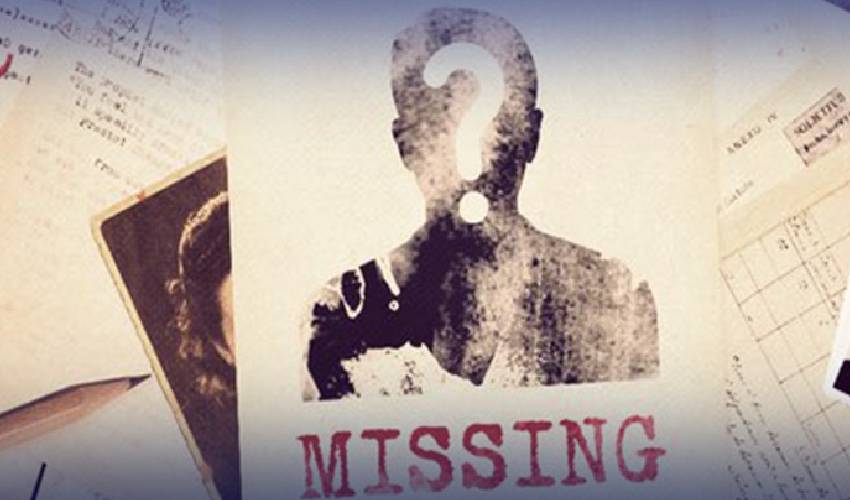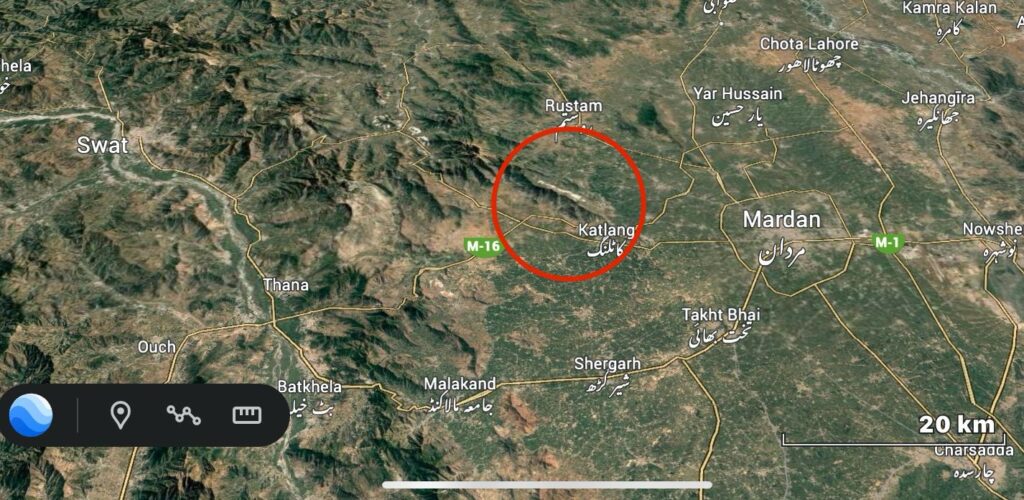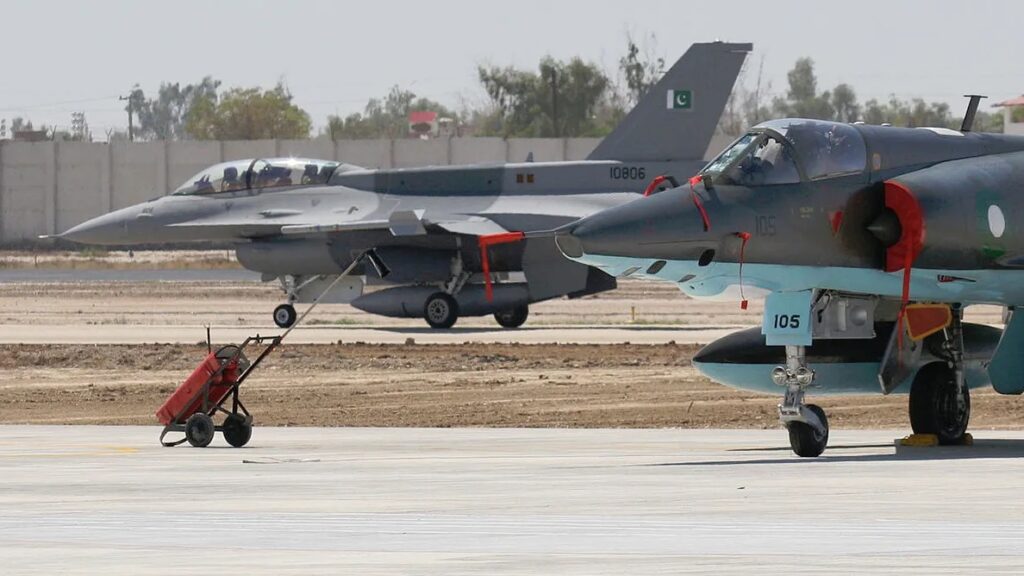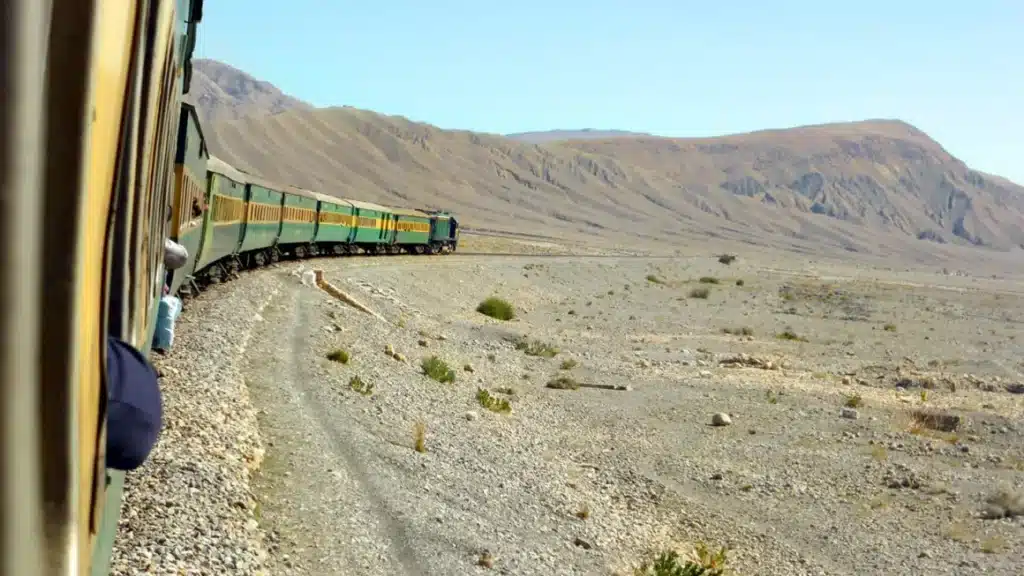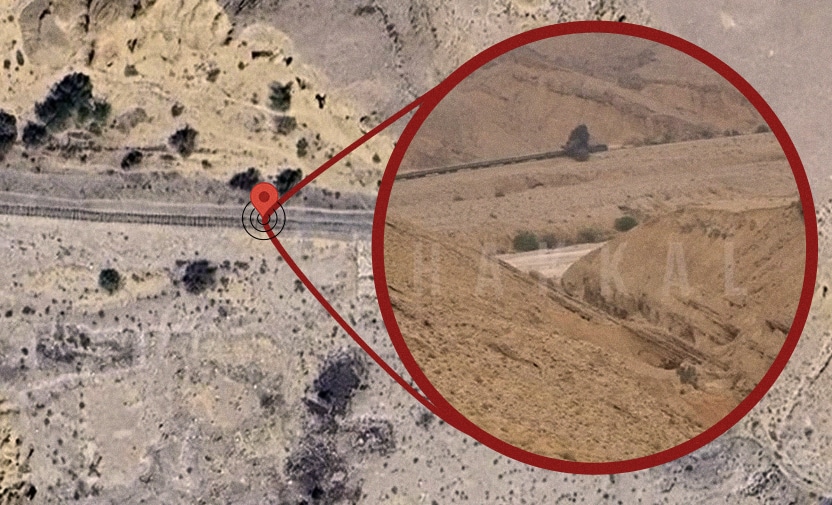ISLAMABAD: Pakistan’s Commission of Inquiry on Enforced Disappearances (COIED) said it resolved 103 cases of missing persons in August, bringing the total to 8,873 since the body was set up in March 2011.
The commission reported that it has handled 83.56 percent of the 10,618 registered cases over the past 14 years. Of those resolved, investigators traced the whereabouts of 6,809 individuals, while 1,745 cases remain under investigation at registries in Islamabad, Karachi, Quetta, and Lahore.
In August, the commission registered 11 new cases in addition to resolving 103. Officials said the Khyber Pakhtunkhwa registry will become operational later this month, while video-link hearings have already started to reduce travel costs for families and stakeholders.
COIED Chairman Arshad Hussain has been visiting regional stations to speed up investigations and provide relief to families at the local level, the commission added.
In Balochistan, mostly missing persons are later found in the terrorists’ camps. The locals daily see protests, road blockades, and emotional appeals claiming that certain individuals have been forcibly disappeared by the state. But behind this curtain of victimhood lies a much deeper, more strategic, and politically charged reality.
Also Read: Public-private partnership essential for youth employment: Balochistan Governor
The real game here is narrative manipulation. These stories are crafted carefully by groups like BYC (Baloch Yakjehti Committee) and certain self-proclaimed human rights activists who are more interested in foreign funding than facts. Organisations like BLA and BYC—many of which have been designated terrorist outfits—deliberately blur the line between “activist” and “insurgent.”

